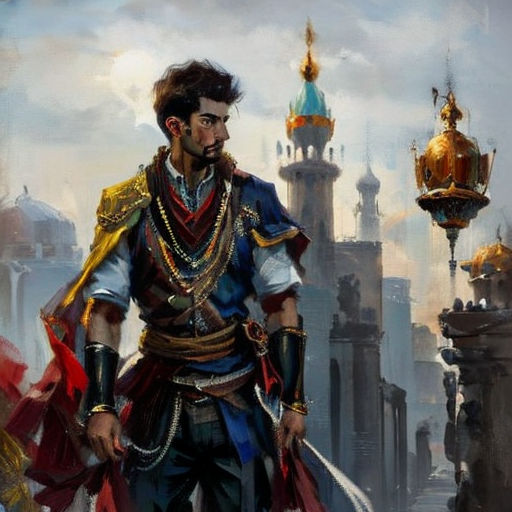
The Great Emperor of Persia
By Storybird

11 Nov, 2023

In the heart of ancient Persia, a young man named Cyrus ascended the throne, following the sudden death of his father. His first challenge was to unite the fragmented kingdoms under his rule.
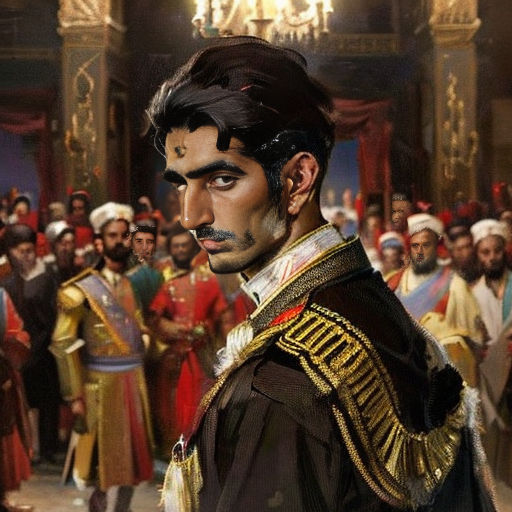
Cyrus was a visionary leader; he believed in a united Persia, free from internal strife. His innate charisma and strategic mind earned him a fervent following among his subjects.
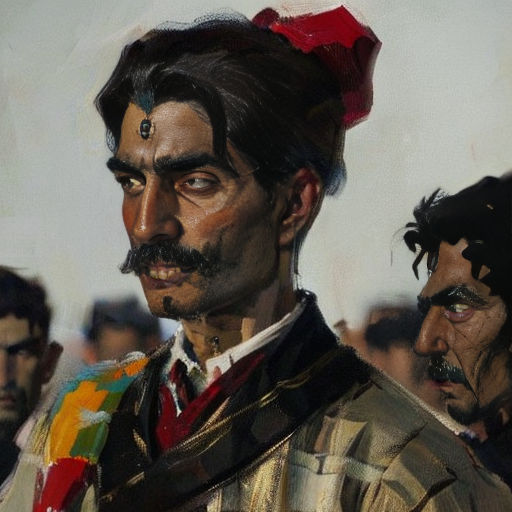
Nevertheless, Cyrus's reign was not without opposition. Many local rulers refused to bend the knee, igniting a series of revolts across the empire.

Cyrus, instead of using brute force, opted for diplomacy. He visited the rebellious regions, addressing people's grievances and promising reforms. His approach was met with mixed responses.
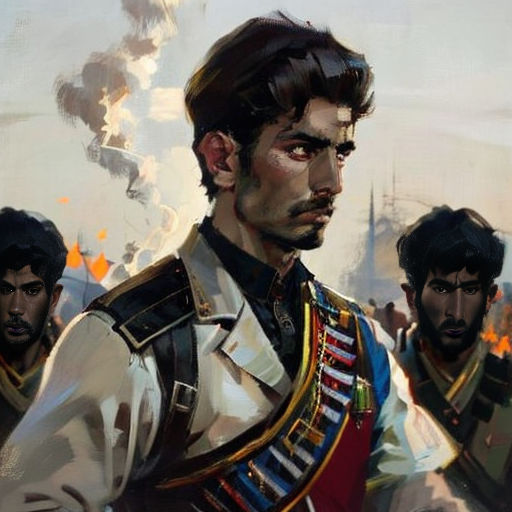
For those who still resisted, Cyrus showed his might on the battlefield. Leading his army personally, he demonstrated the power of unity in the face of adversity.

After several years, Cyrus's vision came to fruition. Persia was united under his rule, but the young emperor wasn't satisfied. He aspired to greater heights.
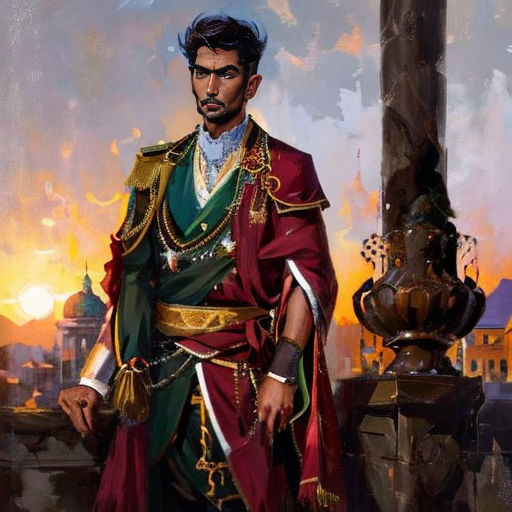
Cyrus turned his gaze towards neighboring empires. He sought to establish Persia as a dominant force in the world, promoting peace through strength.

His first target was the powerful Babylonian Empire. It was a formidable opponent, but Cyrus's strategic prowess and unyielding determination led him to victory.
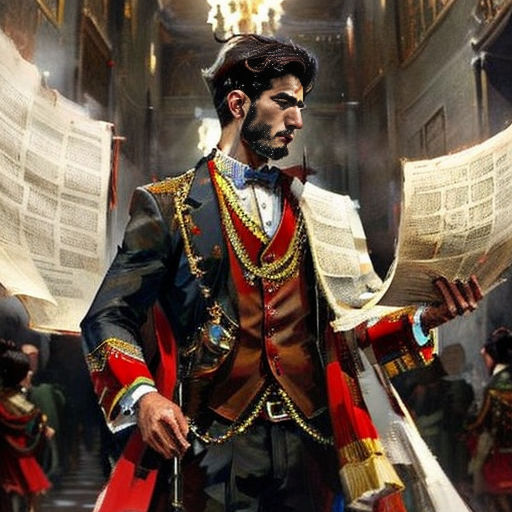
The conquest of Babylon marked the beginning of Persia's rise to an empire. Cyrus's name echoed across the world, becoming a symbol of might and wisdom.
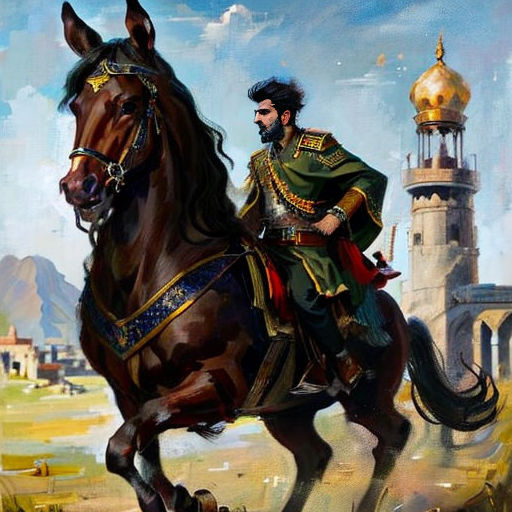
Cyrus continued his expansion, conquering territories far and wide. His fair treatment of the conquered people earned him respect and loyalty from his subjects.
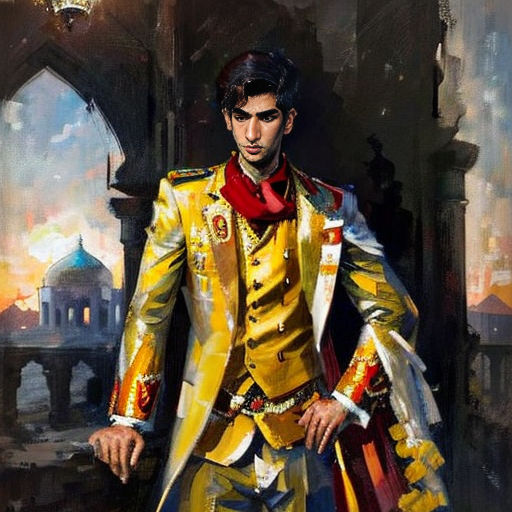
However, Cyrus's relentless pursuit of expansion stretched Persia thin. The empire's outer regions became increasingly difficult to manage.

Meanwhile, a new challenge arose. A powerful warlord named Tomyris declared war on Persia. She vowed to bring down the Persian Empire.

Cyrus faced Tomyris's forces in a fierce battle. Despite the odds, he refused to back down, leading his men with unwavering courage.

The battle was brutal, but Cyrus's tactical brilliance won the day. Tomyris was defeated, but she escaped, vowing revenge.

Undeterred, Cyrus continued to expand his empire. His rule was a blend of force and diplomacy, balancing power with wisdom.

Cyrus's rule saw the construction of magnificent cities and infrastructure. His reign was marked by progress and prosperity.
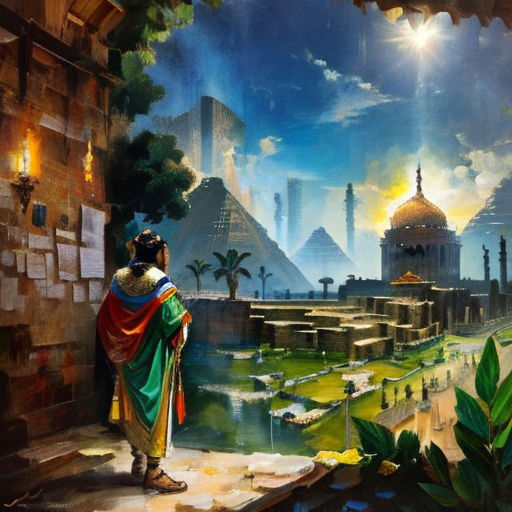
Cyrus's empire was vast, stretching from Egypt in the west to India in the east. He was the ruler of the largest empire the world had ever seen.
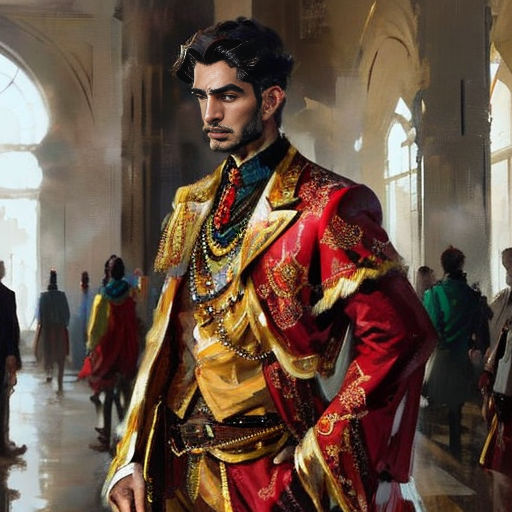
Despite his victories and accomplishments, Cyrus remained humble. He treated his subjects with respect, valuing their contributions to the empire.

Cyrus's rule brought a golden age to Persia. The empire flourished in arts, sciences, and trade, becoming a beacon of civilization in the ancient world.
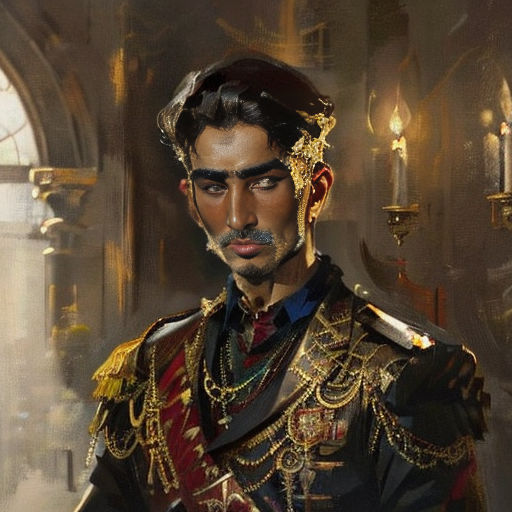
However, Cyrus's reign was not eternal. He grew old, and his health began to decline. His once unstoppable energy started to wane.
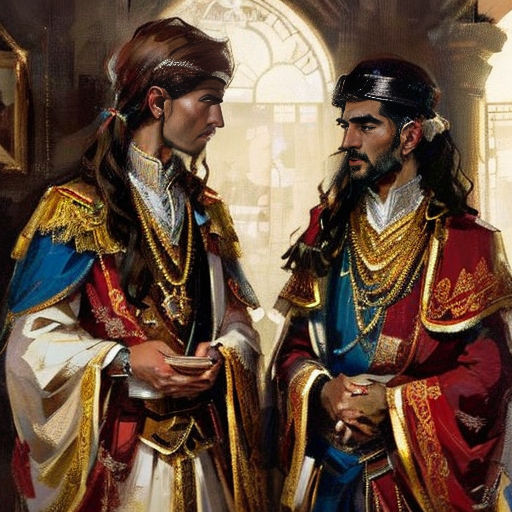
In his final years, Cyrus focused on grooming his son, Cambyses, to be his successor. He shared his wisdom and experiences, preparing him for the mantle of leadership.

Cyrus's reign came to an end when he passed away peacefully in his sleep. His death marked the end of an era, but his legacy lived on.
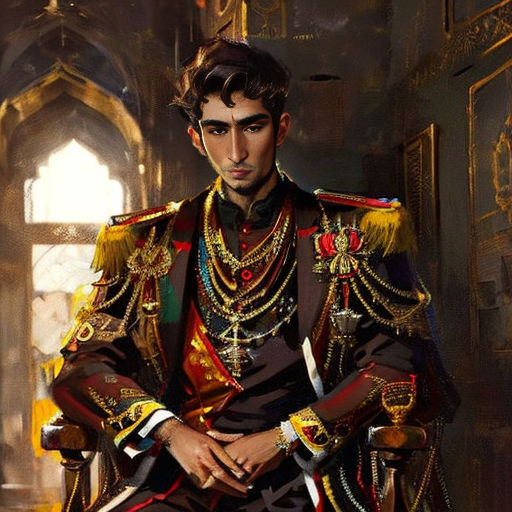
Cambyses ascended the throne, vowing to continue his father's work. He pledged to uphold the values of unity and progress that Cyrus held dear.
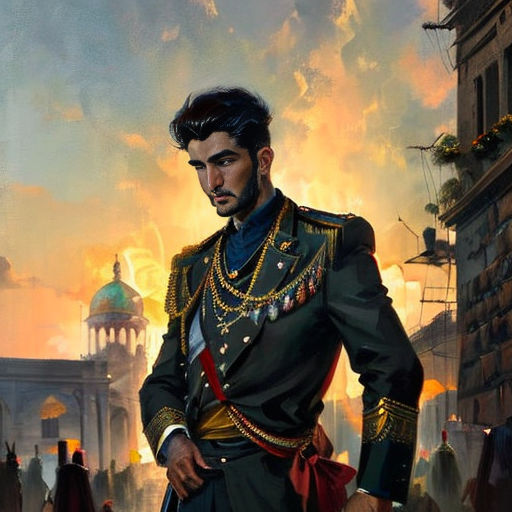
Cyrus's vision of a united Persia lived on. His legacy inspired generations, and his name became synonymous with leadership and wisdom.

Cyrus was more than just an emperor; he was a visionary, a leader, and a hero. His life serves as a testament to the power of unity and the value of wisdom.
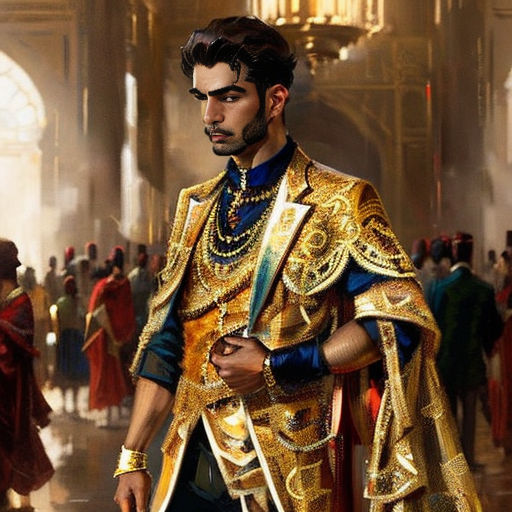
The story of Cyrus, the great Emperor of Persia, is a tale of courage and determination. It serves as a reminder that greatness can be achieved through unity and wisdom.